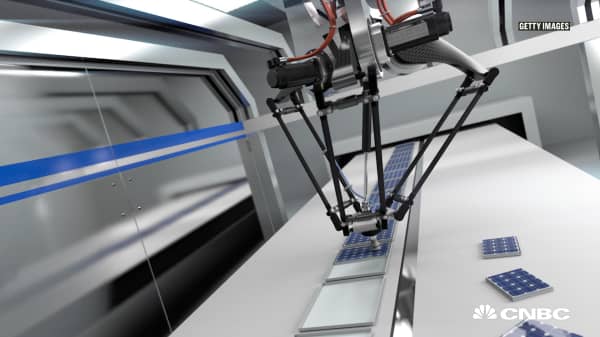Technology is becoming more powerful by the minute. Given the current trajectory of artificial intelligence, machines will soon do everything that people do today. This prospect is both exciting and completely terrifying.
From a macro-level, technological changes will ultimately make the world a better, richer place. But at the micro, personal level, machines will render many skills less relevant and less valuable. How can we "beat the bot" before it is too late? Here are four areas and skills that are AI proof, at least for a while.
Data science
According to the job website CareerCast, data science is the toughest job to fill in 2017. Technology companies aren't the only ones that rely on data, rather than guesswork, to run their operations. Many businesses, including banks, airlines and manufacturers, are scrambling to hire data talent.
You don't have to be a math savant to be a data scientist; the biggest trend this year is growth of the "citizen" data scientist. Anyone can get started by working with software from companies such as Tableau or Qlik.







